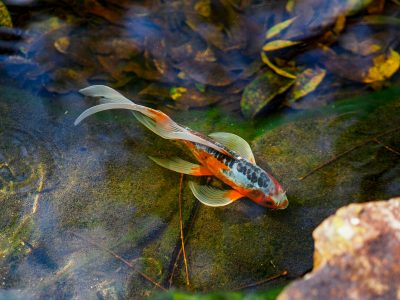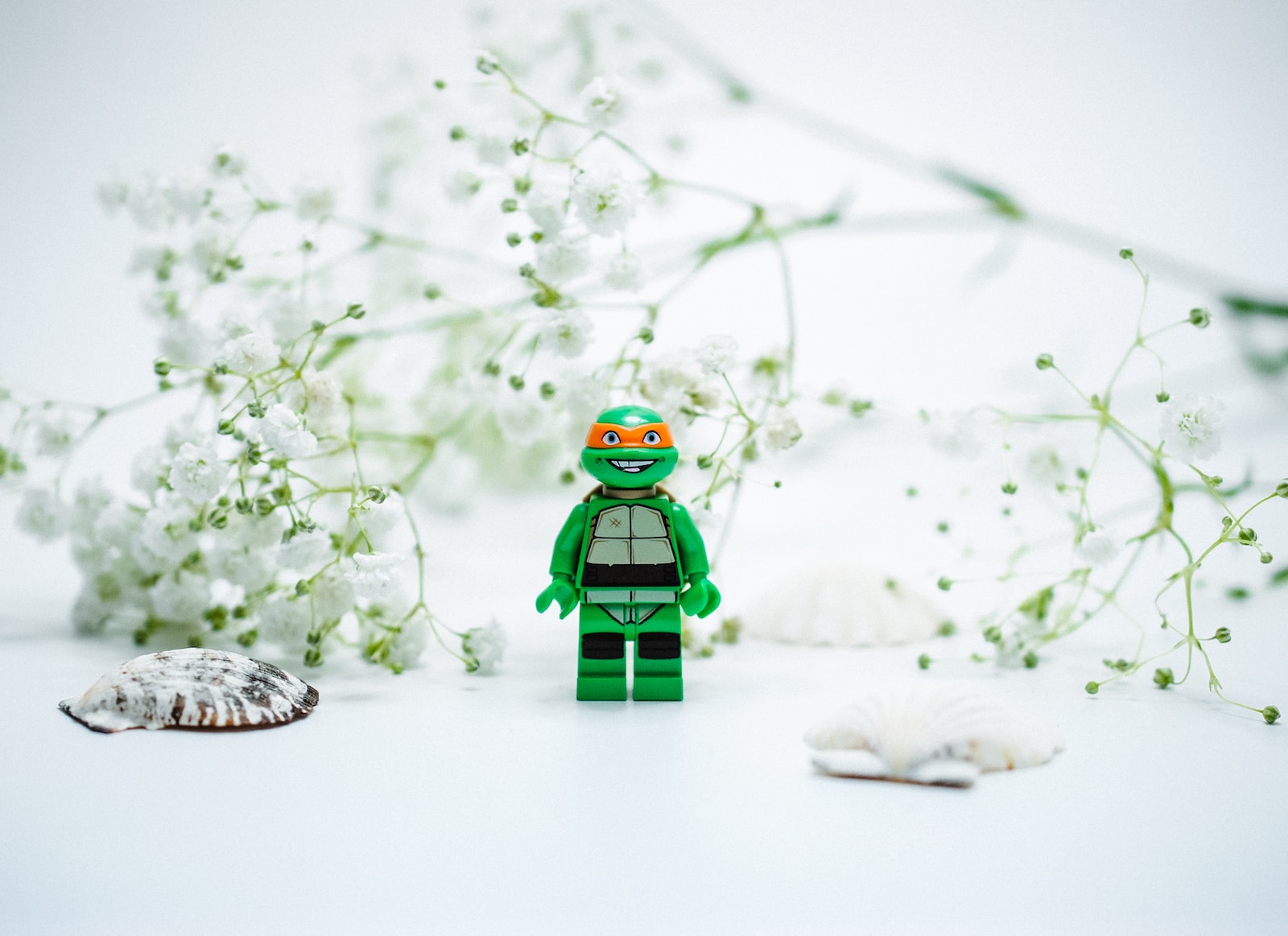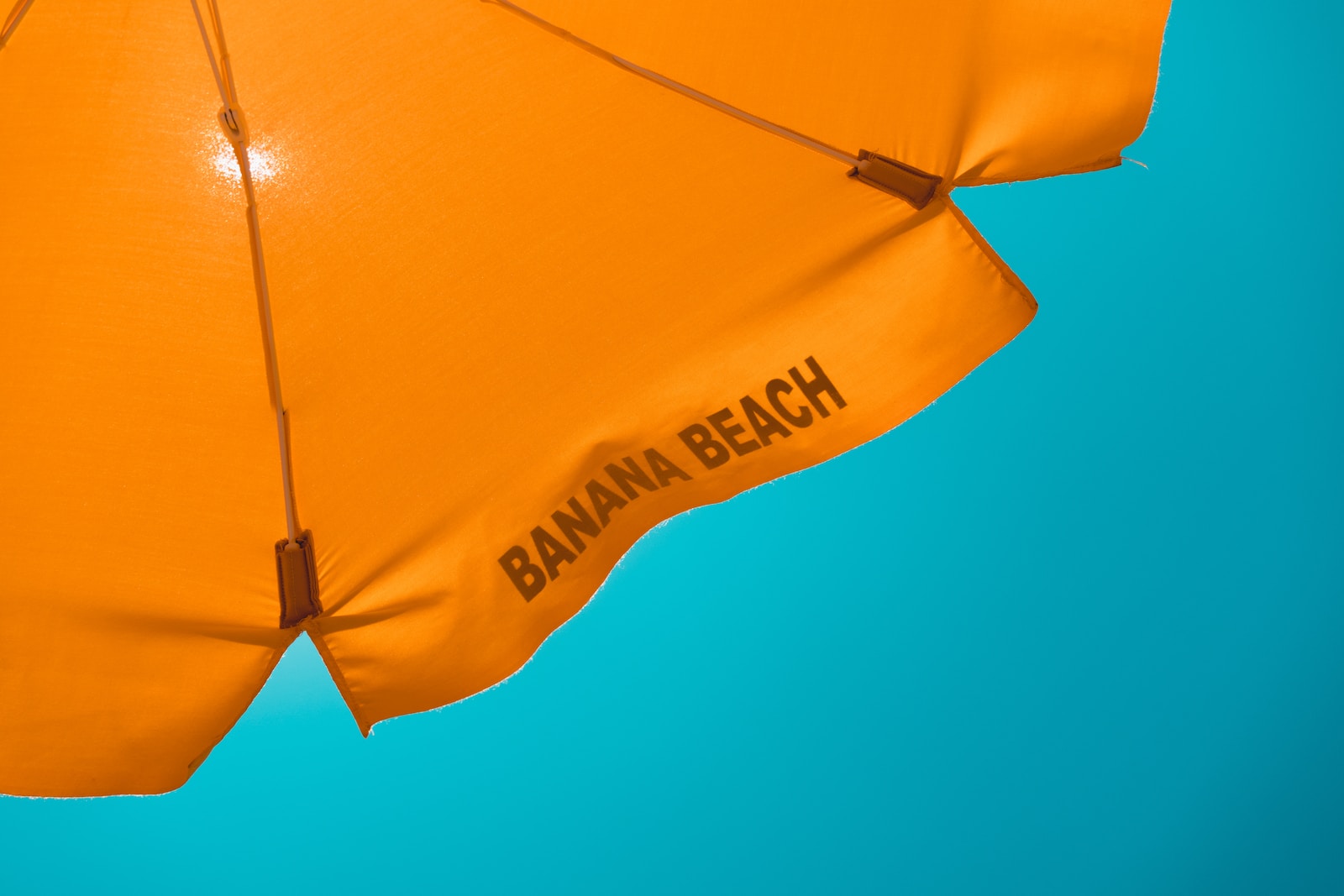Why Nobody Cares About Your Designer Dog Breed (and Why You Shouldn’t Either)
It’s time to address a topic that has infiltrated our social circles and Instagram feeds—the obsession with designer dog breeds. That adorable French Bulldog or Labradoodle may have caught your eye and stolen your heart, but it’s time to face an uncomfortable truth: Nobody really cares about your designer dog breed. But fear not, for there’s a valuable lesson to be learned in this pursuit of four-legged fashion.
In recent years, designer dog breeds have surged in popularity, captivating the hearts of dog lovers and trend-followers alike. These breeds, a combination of two purebred dogs, were once considered a novelty, a unique blend of characteristics and aesthetics. However, what was once a symbol of exclusivity has now become a common sight in dog parks and city streets.
Part of the problem lies in the commercialization and commodification of these designer breeds. What was once a small niche market has exploded into a profitable industry, with breeders cashing in on the demand for these “designer” canines. The result? An oversaturation of these breeds, diluting their once-perceived uniqueness and reducing them to just another accessory in the quest for social validation.
But it’s not solely the fault of the breeders or the dogs themselves. We, as consumers, have played a role in perpetuating this obsession. We’ve allowed ourselves to become enamored with the idea of owning a designer breed, seeing them as a status symbol or a reflection of our own taste and style. In doing so, we’ve forgotten the true essence of dog ownership—the unconditional love, companionship, and the joy that comes from the bond between human and canine.
So, what should you do if you find yourself flaunting your designer dog breed, hoping for admiration and recognition? It’s time to shift your perspective and rediscover the true essence of dog companionship. Here are a few steps you can take:
- Embrace Adoption and Rescue:
Instead of seeking out a specific breed for its aesthetics or perceived status, consider adopting a dog from a local shelter or rescue organization. There are countless dogs in need of loving homes, regardless of their pedigree or breed. By adopting, you not only save a life but also contribute to the greater good. - Focus on the Bond, Not the Breed:
Rather than fixating on the breed or lineage of your dog, prioritize the relationship you have with your furry friend. Nurture the bond through training, exercise, and quality time spent together. Remember, it’s the loyalty, companionship, and love that truly matter, not the breed name on your dog’s registration papers. - Support Responsible Breeding Practices:
If you do choose to purchase a dog from a breeder, research and support responsible breeders who prioritize the health and well-being of the animals. Avoid supporting puppy mills or breeders who prioritize profit over the welfare of their dogs. Responsible breeding practices contribute to the overall improvement of breeds and ensure the betterment of canine genetics. - Advocate for Animal Welfare:
Use your platform and influence to raise awareness about animal welfare issues. Support organizations that promote responsible pet ownership, advocate for spaying and neutering, and work to combat the overbreeding and mistreatment of dogs. By taking an active role, you can make a meaningful impact on the lives of countless animals.
In the end, the key to finding fulfillment in dog ownership lies in embracing the true essence of companionship and celebrating the uniqueness of every dog, regardless of their breed or background. It’s about cherishing the unconditional love and loyalty that our canine friends offer, rather than seeking validation through the breed name or perceived status. So let this be a wake-up call. Free yourself from the need for external validation and rediscover the joy of dog ownership. Remember, it’s not about the breed on the leash, but the love and connection you share with your furry companion.






